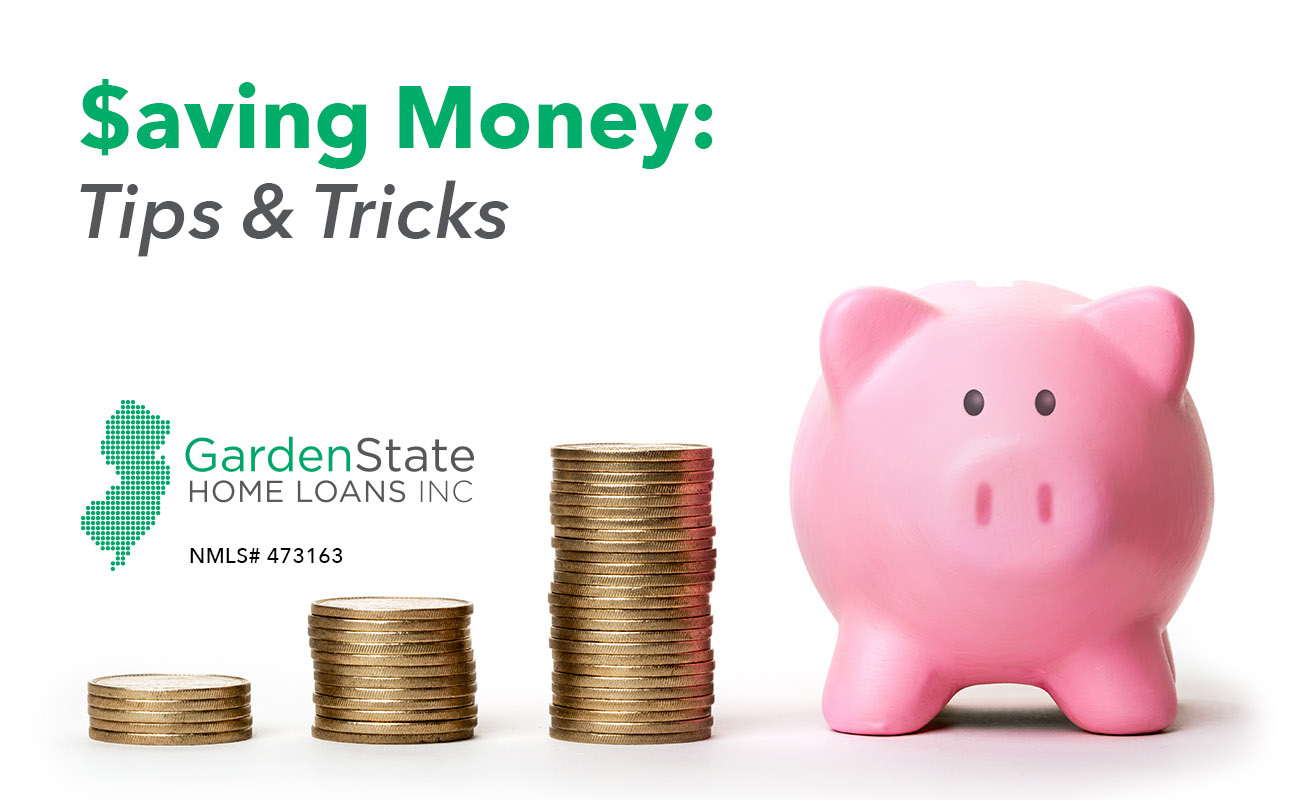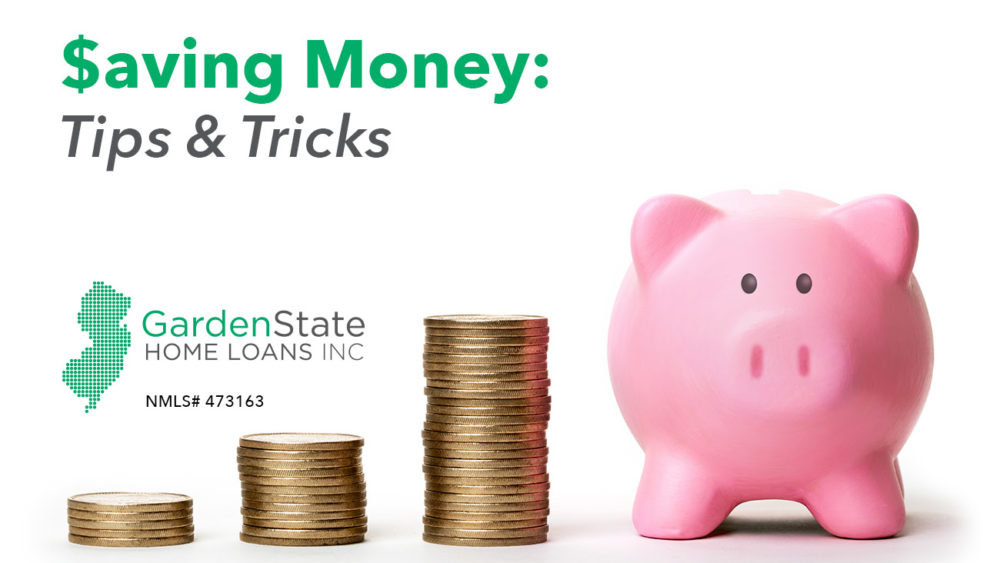
Saving for a Down Payment
Buying a home can be a costly adventure, one that you might not have the expenses for yet. If you are planning on getting a home in the near or distant future, setting a budget for yourself will help you save immensely.
The first step to start saving is to figure out how much you need to save! Sit down with a mortgage lender. They’ll be able to tell you how much you will be able to qualify for. From there, you can make a timeframe for yourself. If you plan on purchasing a home in the next five years, you will know how much you will have to save each year to make it to your down payment amount. The shorter the timeframe you have to save, the higher your annual savings will have to be.
The easiest way to save money is by going with the best bet and avoiding risky investments. Risky investments can be anything like stocks or real estate investment trusts. Consider instead investing your money into something such as a savings account, where you know your investment will pay off. Other ways to save money:
- Write a list before you go grocery shopping, and stick to it! Impulse buys quickly build up the amount you spend, so stick to just what you need, and when you need it.
- Try using generic brands of items you use regularly. Often, generic brands work exactly the same as name brand products, but cost less! Even if it is just a few cents, it adds up. Saving money anywhere you can is important, and this is an easy way to do it.
- Turn off the lights. Keeping the lights on in your home can be expensive. Whenever you aren’t using a light, keep it off. Additionally, try keeping them off during the day when you can use natural light instead.
- Record your expenses. Keep track of all your expenses for a month. Write down everything that you spend money on — be it coffee, a magazine, a snack — everything should be accounted for. You can use credit card or bank statements to help you see what you are actually spending money on. Cut back on all things that aren’t necessary. For example, instead of buying a coffee at Starbucks or Dunkin’ Donuts, make one at home and put it in a travel mug to bring it with you to work.
- Create a budget. Once you see where you are spending your money, outline a budget for yourself so you can plan what you’re going to spend and limit any overspending. Make sure to factor in any additional, unforeseen expenses into your monthly budget, such as car maintenance, to avoid overspending.
This is just a start to the hundreds of ways to help you save money.
A great way to save money without having to think about it is by setting up an automated savings plan. An automated savings account will put a portion of your regular pay into a savings account or money market account that is specifically created for accumulating the funds for a down payment. Any periodic windfalls that you receive, such as income tax refunds, gifts received, or commission checks should go into your savings for your down payment to help speed up the savings process.
An important part of saving is having an emergency fund. While you’re saving, everything else keeps going. You may run into some unexpected expenses, such as medical expenses, or a car breaking down. Create an emergency fund for any of these expenses that may come your way.
Saving enough money for a down payment can take a long time, but with these tips, it becomes easier and easier.


Comments are closed.